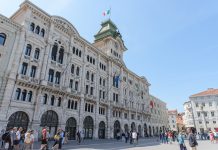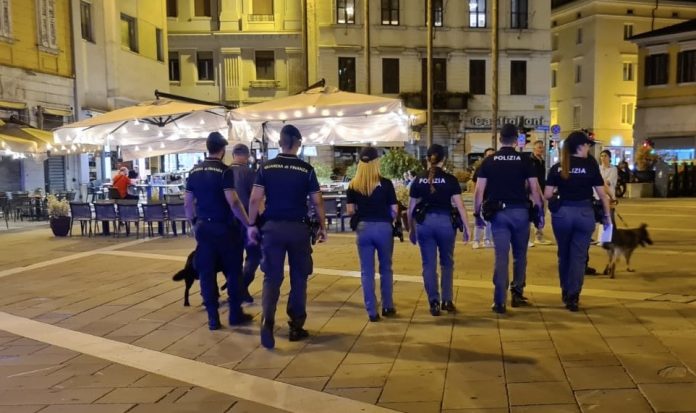by InTrieste
What began as a traffic stop for suspected drunk driving over Italy’s Ferragosto holiday weekend ended with both a young driver and his father facing the same charges.
Police in Castelfranco Veneto, a town near Treviso, stopped a young motorist during the holiday period and administered a breath test, which showed a blood alcohol level above the legal limit, according to local authorities. The driver was taken to a nearby station and phoned his father to collect him.
When the father arrived, officers observed what one local report described as “creative parking maneuvers” and behavior that suggested he, too, might be under the influence. Police administered a breath test, which confirmed that he had also consumed alcohol above the legal limit.
Both men were charged with driving under the influence. Their licenses were suspended, and they are expected to pay substantial fines. Authorities did not disclose the exact blood alcohol levels.
The incident drew attention in part because it came shortly after Italy tightened its laws on impaired driving. Under the revised Highway Code, updated last year, penalties escalate depending on blood alcohol concentration. Drivers with a blood alcohol content of between 0.5 and 0.8 grams per liter face fines starting at €573 and a license suspension of up to six months. The sanctions increase sharply for higher levels, with the most serious violations carrying fines of up to €6,000, license suspensions of up to two years, and potential prison sentences.
In cases where blood alcohol levels exceed 0.8 grams per liter, motorists who regain their licenses are also required to install an ignition interlock device, commonly known as an “alcolock,” which prevents the car from starting unless the driver passes a breath test.
Ferragosto, the mid-August holiday marking the height of Italy’s summer season, typically brings heavy traffic as Italians travel to beaches and mountain resorts. Police across the country routinely step up roadside checks during the long weekend in an effort to curb accidents and enforce safety regulations.






























